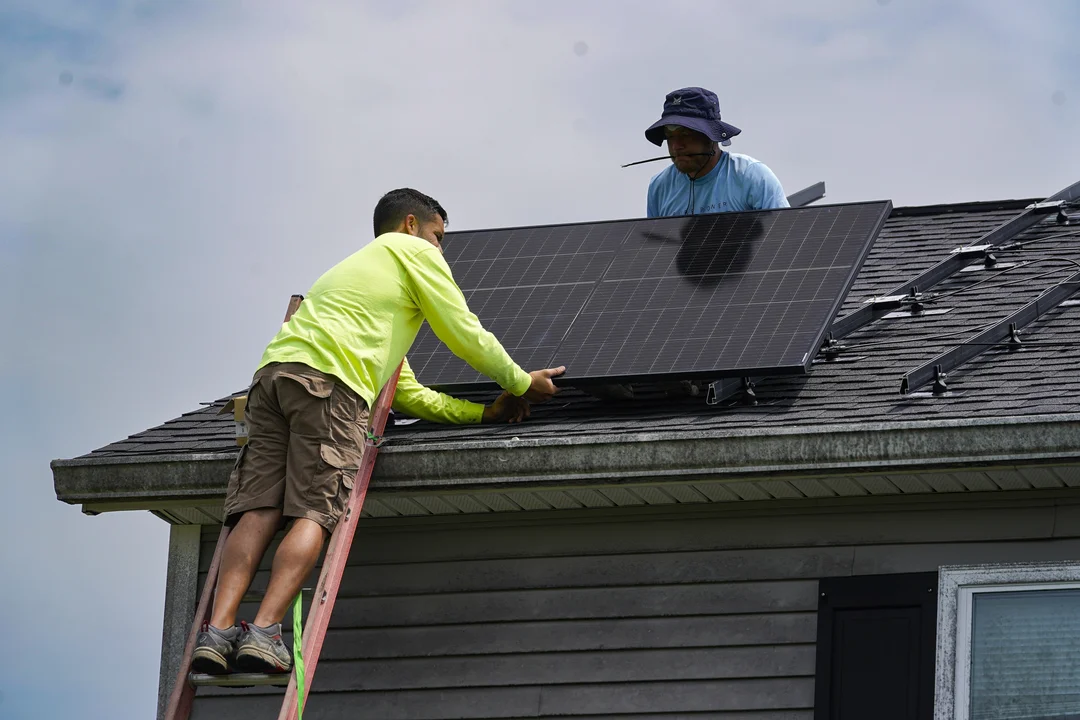
Will California’s Solar Revolution Dim? A Bill That Could Change Everything
In the golden state of California, where sunny skies fuel dreams of sustainable energy, a controversial bill is casting a long shadow over rooftop solar ambitions. Proposed Assembly Bill 942 threatens to slash incentives for homeowners who have invested in solar panels, potentially affecting over 2 million residents and raising questions about the future of green energy policies. As California strives to lead on climate goals, this legislation highlights a brewing conflict between environmental progress and economic fairness, making it a pivotal moment for the state's energy landscape.
The core of AB 942 lies in its proposal to halve the duration of energy credits for excess power fed back into the grid, reducing the period from 20 years to just 10. Under current rules, homeowners earn credits on their utility bills for surplus solar energy, a system that has encouraged widespread adoption. But if passed, the bill would also terminate these incentives if a property is sold, leaving early adopters feeling penalized. This change could hit hard in places like San Diego County, where over 250,000 solar users rely on these credits to offset costs.
Homeowners like Barry Dragon from Rancho Peñasquitos are voicing frustration, calling it a 'breach of trust.' Dragon, who installed solar panels a decade ago under a 20-year lease, told reporters, 'We leased these panels in good faith, and now it seems that faith's been a bit betrayed.' His experience underscores the human side of this policy shift, where families face higher utility bills despite their contributions to California's clean energy push. Critics, including Dave Rosenfeld of the Solar Rights Alliance, warn that breaking these promises could deter future investments, undermining the state's climate objectives. 'We should be encouraging more people to put solar panels on their roof rather than discouraging them,' Rosenfeld argued.

On the other side, bill author Assemblymember Lisa Calderon of Los Angeles defends the measure as a step toward equity. Calderon, who previously worked for Southern California Edison, argues that the existing system unfairly burdens non-solar customers, who footed an estimated $8.5 billion in grid maintenance costs last year alone. 'It's a question about fairness,' she said in an interview. However, this stance has drawn scrutiny due to potential conflicts of interest. Federal Election Commission records reveal that Edison listed Calderon as an executive in multiple filings before she entered politics, a claim the company now downplays. This revelation, as detailed in reports from The Times, adds layers of complexity, raising questions about whether utility interests are influencing policy.

Comparisons to broader trends show California's dilemma is not unique; similar debates rage in other states over balancing renewable energy growth with utility profits. Yet, here, the timing is critical, with AB 942 slated for review by the Assembly's Utilities and Energy Committee on April 30. Opposition from groups like school districts and consumer advocates highlights the potential ripple effects, including higher energy costs for public institutions. As analysts point out, slashing incentives could slow the momentum of rooftop solar, a key tool in combating climate change, at a time when California needs it most.
Ultimately, this bill forces a reckoning: Can California promote solar innovation without leaving anyone behind? It challenges the state to reconcile its environmental ambitions with economic realities, potentially reshaping how millions approach sustainable living. What do you think—should solar credits be preserved, or is reform necessary for fairness? Share your views in the comments below and help spark a conversation on this crucial issue.